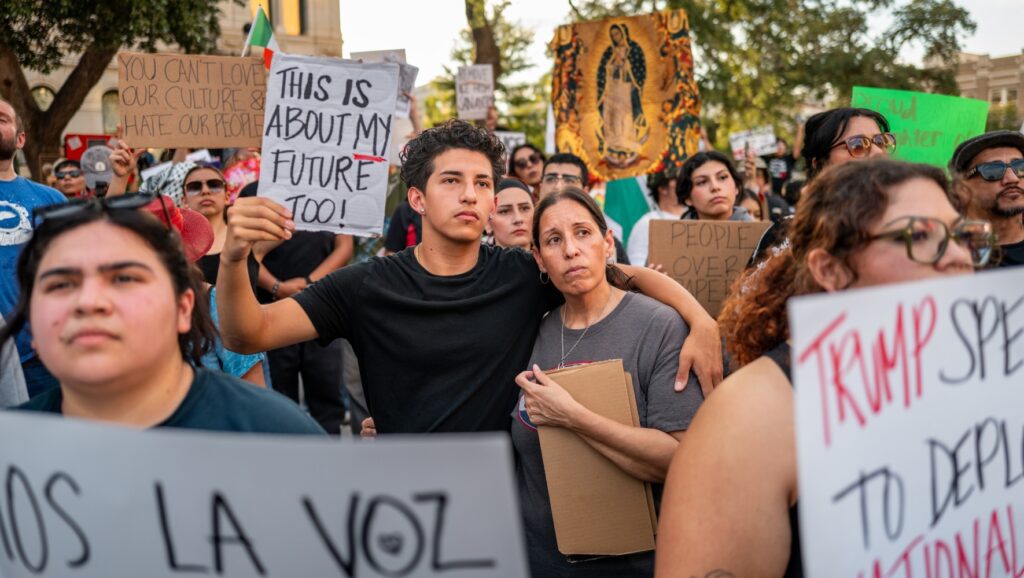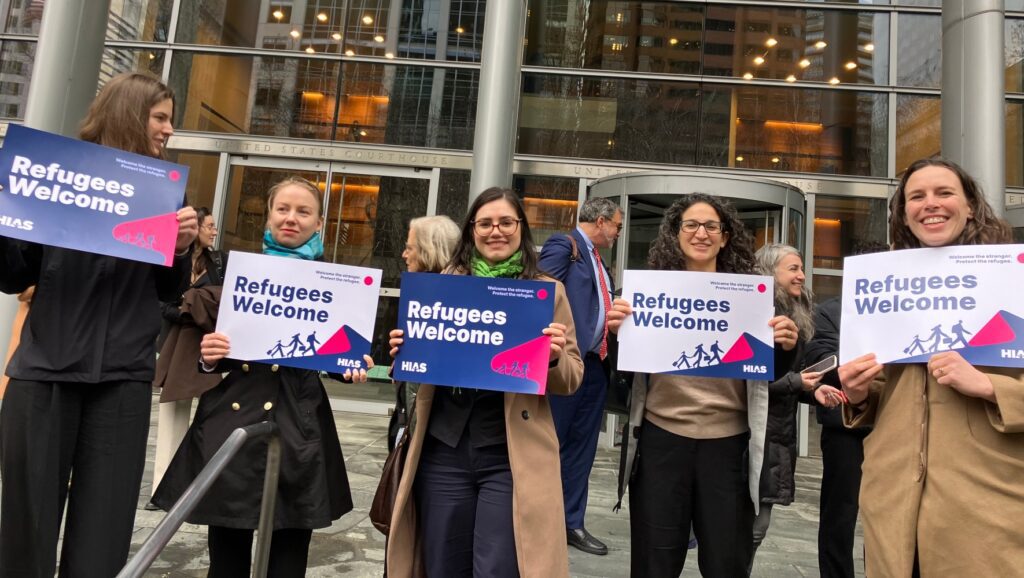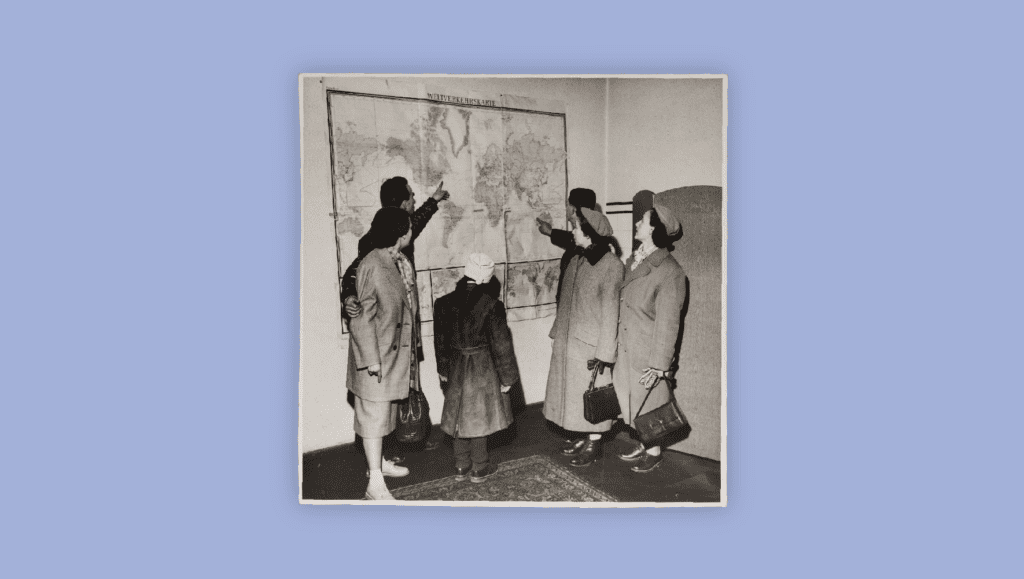
Last September, I joined HIAS as an Avodah Fellow. Avodah is a year-long Jewish service corps that places each corps member at a nonprofit. HIAS was my placement, and I served as a migrant support coordinator through the end of July this year. When I joined, uncertainty hung in the air with a U.S. presidential election just two months ahead — but I still could not have anticipated just how much my work would change. The new presidential administration has ushered in a destructive set of policies targeting refugees, asylum-seekers, and immigrants, creating an atmosphere of fear for those caught in its wake.
Considering the circumstances, it would have been easy to succumb to feelings of hopelessness. Instead, my year at HIAS gave me hope. One consistent source was an initiative based on a simple idea: writing letters to people in immigration detention. Since its inception, HIAS’ letter writing program has touched the lives of many detained pen pals — some 260 in the last six years alone.
*The names of program participants have been changed to protect their anonymity.
Your support matters
On the second Monday of every month, volunteers gather on Zoom for a letter writing session. Following a brief presentation, volunteers — usually around two dozen of them — settle in to write detained pen pals who have opted into the program. The content of the letters is usually uncomplicated: most volunteers share about their interests and lives and invite their pen pals to do the same. But the simplicity of the messages belie their importance. Writing and receiving these letters can help those detained feel less alone and to share the burden of their ordeal. They also encourage volunteers to forge a human connection with a population that so many in the United States treat as disposable.
Along with HIAS’ other Avodah Fellow, Hava Sprung, I acted as a go-between for our volunteers and pen pals. Hava and I read each letter the volunteers wrote and received in order to screen for any urgent needs or requests. Through this experience, we had the privilege of witnessing many friendships blossom.
The letters covered more than just well-wishes. Volunteers and pen pals wrote about a variety of subjects, from poetry to origami to descriptions of their favorite foods. Two stories stood out to me. One volunteer, Olivia*, was matched with a pen pal named John. She wrote that she sympathized with his plight and wanted to provide a listening ear. To break the ice and lighten the mood, Olivia told John about her cat. John responded a couple of weeks later, expressing gratitude for receiving the letter. He opened up to Olivia about his friends and hobbies, his hopes and dreams, and the grief he felt about what had happened to him. After they forged a connection, Olivia pointed John toward resources he needed. Their correspondence has carried on for months and has brought comfort to both pen pals. John has told Olivia that he “faithfully awaits her letters.”
Writing and receiving these letters can help those detained feel less alone and to share the burden of their ordeal.
Jeff, a volunteer, and his detained friend Richard have carried on a correspondence that predated my time at HIAS. Immigration and Customs Enforcement (ICE) officials, though, moved Richard to a facility that prohibited the prepaid return postage HIAS sends to participants, forcing him to pay out of pocket in order to reply to Jeff. His return letters stopped — but Jeff decided to keep writing anyway. Richard then moved to another facility that accepted the prepaid return postage, and he resumed responding to Jeff. Eventually, Richard stopped writing, due to the emotional toll of recounting his experience. However, he encouraged Jeff to continue the correspondence — the letters he received, he said, had given him comfort. And so Jeff continued writing.
Overseeing this program helped me see, on a personal level, some of the many ways federal immigration policy affects those in detention. I witnessed anxiety over looming court dates and dread over the ever-present threat of deportation. Despite the difficulty of their circumstances, the detained pen pals found sources of hope. Their words inspired me to do the same.



